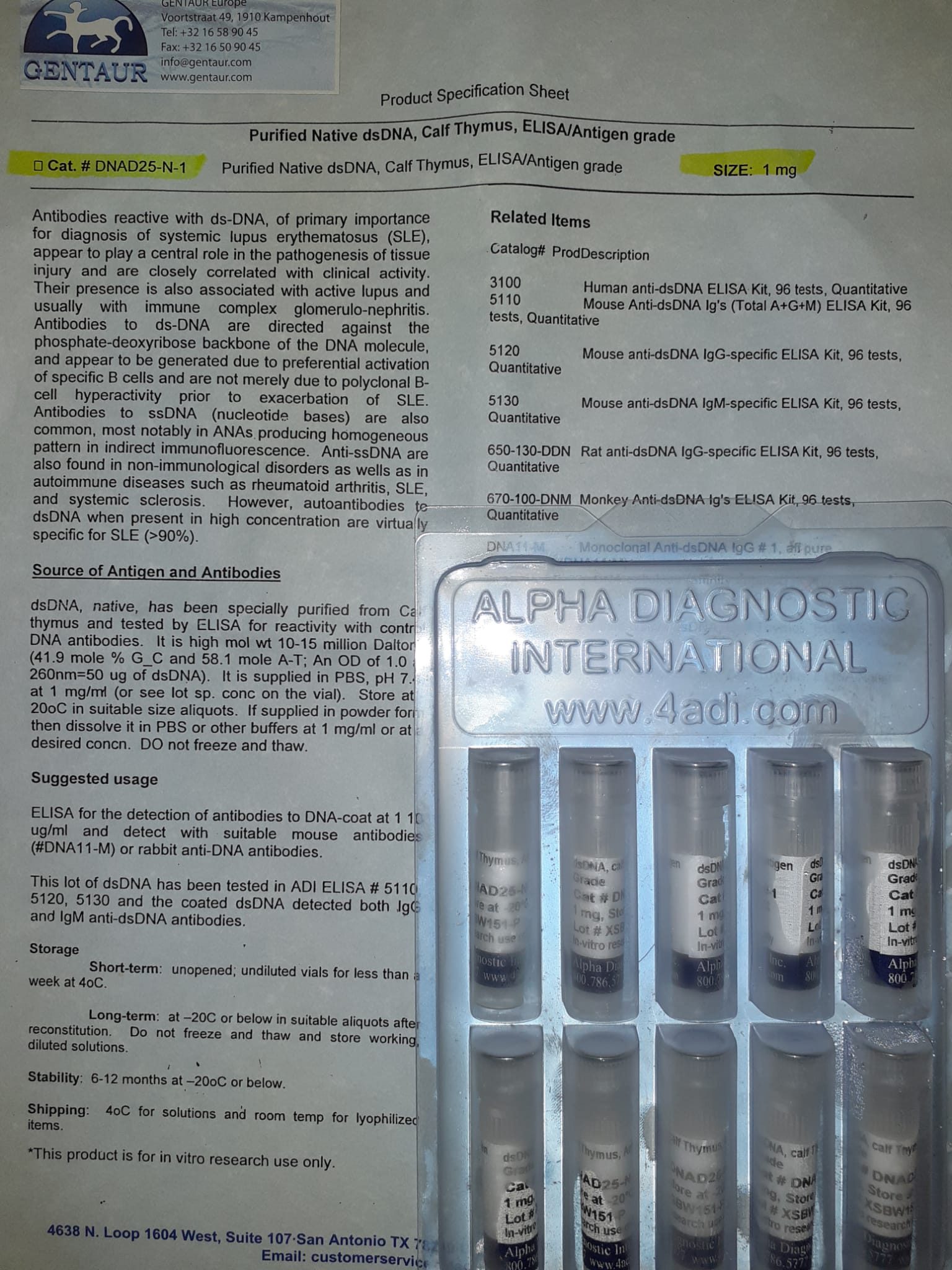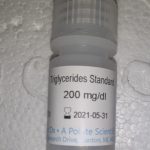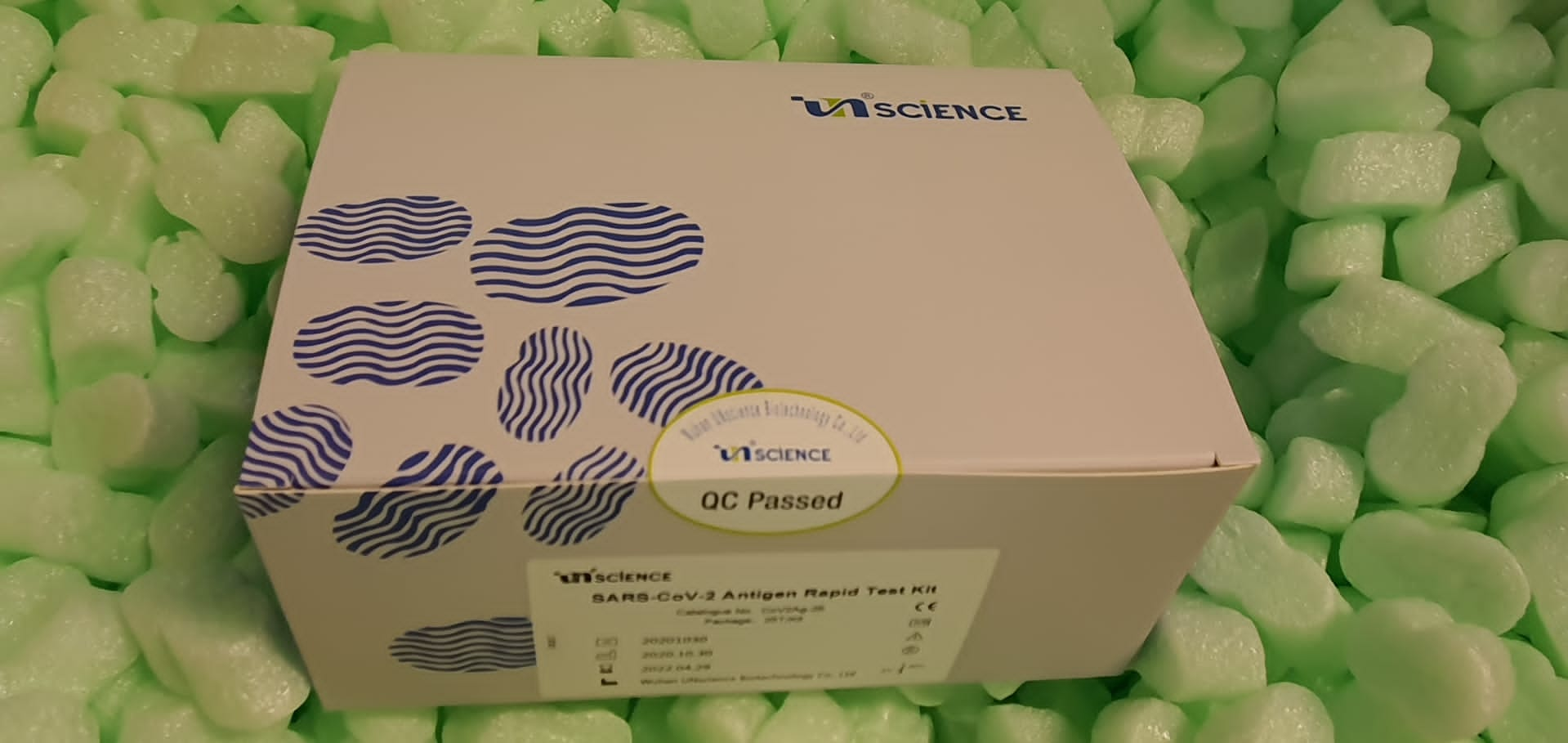In an attempt to notice notion into their excellent binding properties, we investigated the cross-reactivity of RH14 and B3 to 7 expert DNA-binding proteins (DNA polymerases and DNA-repair enzymes), along with three non-specific (not requiring a selected sequence or measurement of DNA for binding) and four specific DNA-binders. All three of the nonspecific DNA-binders, nonetheless not one of many specific DNA-binders, exhibited binding to the bogus oligonucleotide and, in flip, comparable binding to autoantibodies, throughout the robust half (S. Kumar et al., unpublished observations). Thought of one in all these molecules presently described –Escherichia coli PolIV – is guide of the enzymes studied, and is a member of the newly labeled Y-family of DNA polymerases.
ABSTRACT
Whereas immunoglobulin G (IgG) antibodies to double-stranded (ds)DNA are serological markers of systemic lupus erythematosus (SLE), not all antibodies to DNA (anti-DNA) are ready to set off tissue damage to an similar extent. It has been proposed that anti-DNA-induced renal damage might very nicely be linked to variations throughout the excellent specificity of the antibodies. In an attempt to notice notion into their excellent binding properties, we investigated the cross-reactivity of two human lupus monoclonal IgG anti-dsDNA (B3 and RH14) to a recently described Escherichia coli PolIV (a DNA polymerase).
- These autoantibodies possess distinct pathogenic properties in excessive blended immunodeficient (SCID) mice. Although every antibodies set off proteinuria, solely RH14 induces early histological choices of lupus nephritis. Every RH14 and B3 positive PolIV; nonetheless, they exhibited a marked distinction of their reactivity to the PolIV–dsDNA sophisticated.
- Alhough RH14 exhibited essential train to the sophisticated, the binding of B3 to PolIV complexed with dsDNA was practically abolished. Furthermore, there was a essential distinction in one of the simplest ways the lupus sera acknowledged naked dsDNA and that provided on PolIV.
- Although 67% of lupus sera positive naked dsDNA, ≈ 90% of these sera (93% calf thymus DNA; 90% synthetic oligonucleotide) reacted to the sophisticated when dsDNA was provided on PolIV. Thus, the IgG anti-dsDNA extra prone to exist in lupus victims is also distinguished into individuals who acknowledge dsDNA throughout the context of PolIV and folks which do not. This distinction in binding functionality would possibly help to inform aside these dsDNA antibodies which will be additional pathogenic.
INTRODUCTION
Systemic lupus erythematosus (SLE) is an autoimmune rheumatic sickness affecting principally ladies all through their childbearing years. Immunoglobulin G (IgG) antibodies to double-stranded (ds)DNA are serological markers of SLE that normally replicate sickness train1, 2 and are fastidiously associated to its pathogenesis.3 These antibodies are considered to be specific for lupus as they’re infrequently current in numerous sickness circumstances.
Nonetheless, every medical and animal model analysis clearly current that not all antibodies to DNA (anti-DNA) are equally ready to set off tissue damage in SLE. Anti-DNA-induced renal damaging functionality might very nicely be linked to variations of their excellent specificities (reviewed in ref. 5). By using two prototypic human monoclonal antibodies (mAbs) (B3 and RH14) on the market in our laboratory, we investigated the properties that make an anti-DNA pathogenic. These antibodies have been derived from victims with lupus, who had attribute sickness manifestations and possessed distinct and quite a few pathogenic properties.
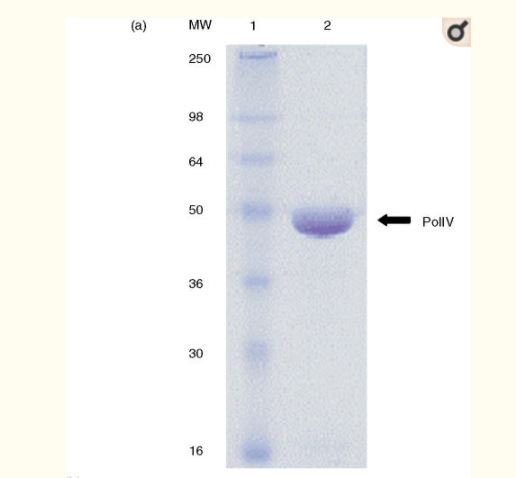
purified native dsDNA
In excessive blended immunodeficient (SCID) mice, although every types of antibodies set off proteinuria, solely RH14 induces early histological choices of lupus nephritis detectable by electron microscopy.
These polymerases present poor processivity, low fidelity, lack any detectable proofreading train and are involved throughout the bypass of numerous DNA lesions that stall the precept replicative polymerase.9 PolIV has been confirmed to extend misaligned primer–template termini.10 PolIV is a well-characterized protein8–12 with its homologues representing key enzymes of numerous pathogenic genera, along with Bacillus, Staphylococcus, Enterococcus, Streptococcus, Mycobacterium, Bordetella, Neisseria, Escherichia, Klebsiella, Legionella, Pasteurella, Pseudomonas, Salmonella, Yersinia, Treponema, Plasmodium and Trypanosoma.13 Newest advances embody the invention that PolIV is a selected error-prone DNA polymerase required for adaptive stage mutation.
Individuals possess three Y-family polymerases, along with a DinB homologue, now designated PolKappa.12 As bacterial an an infection has been implicated beforehand as one in all many causative brokers for autoimmune sickness (reviewed in ref. 14), PolIV is of express curiosity as, together with being of bacterial origin, PolIV homologues have been proposed to contribute to adaptive strategies of pathogens, along with antigenic variation.
Furthermore, PolIV could be overexpressed in E. coli, purified to homogeneity and, most importantly, is able to retain its attribute DNA-binding functionality when positive in a robust half. Antibodies to DNA-binding proteins associated to DNA metabolism have been confirmed to occur in lupus sera.15 It is recognized that antibodies directed to such autoantigens acknowledge conformation-dependent epitopes that symbolize energetic web sites and purposeful space areas.
We have recently purified PolIV to homogeneity and have optimized the circumstances that allow the enzyme to comprehend its proper conformation when positive in a robust half. The worthwhile adaptation of these circumstances in enzyme-linked immunosorbent assays (ELISAs) allowed us to carry out the present investigations.
We now present that two distinct populations of IgG anti-DNA exist in lupus victims – the inhabitants that acknowledges dsDNA throughout the context of PolIV may be very prevalent in lupus sera. We moreover present that absolutely completely different subsets of lupus autoantibodies acknowledge qualitatively completely completely different DNAs (calf thymus or synthetic oligonucleotide) provided on PolIV, in any other case.

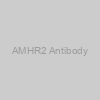




























)
)
)

